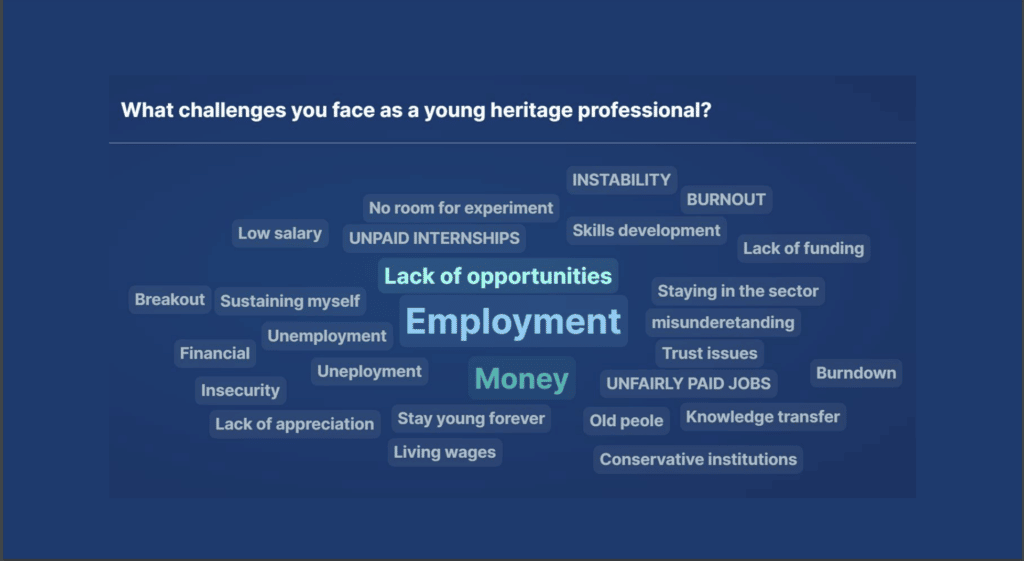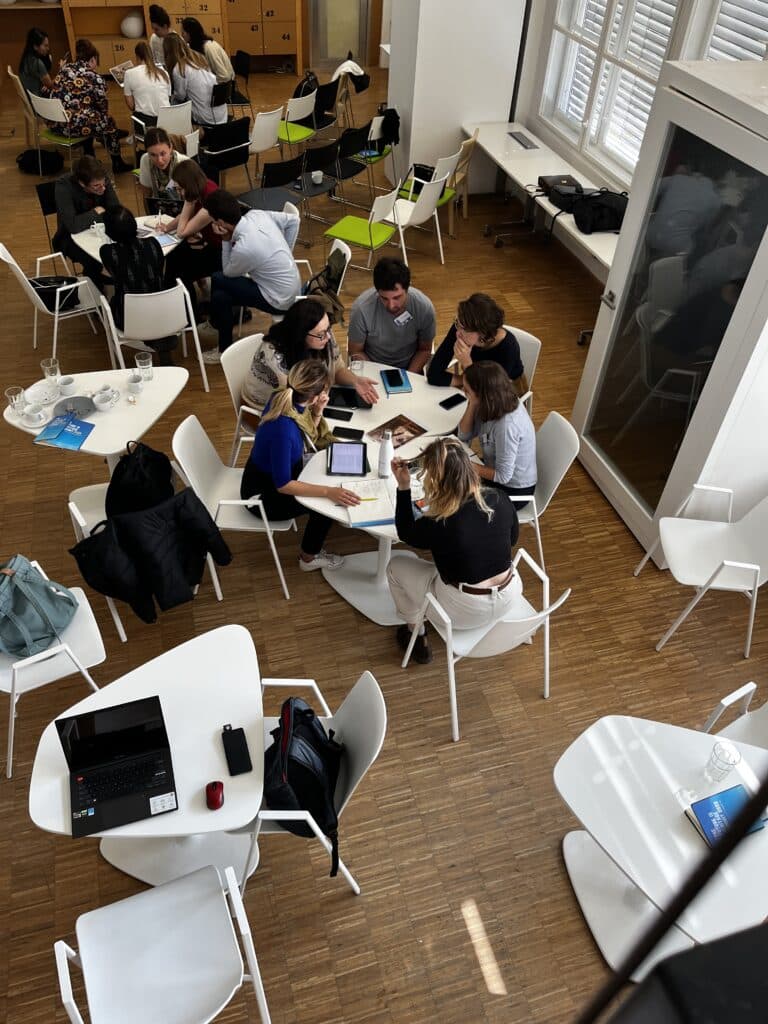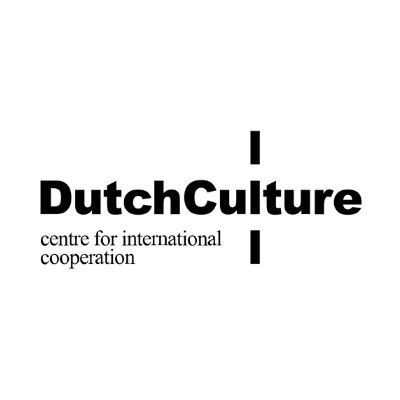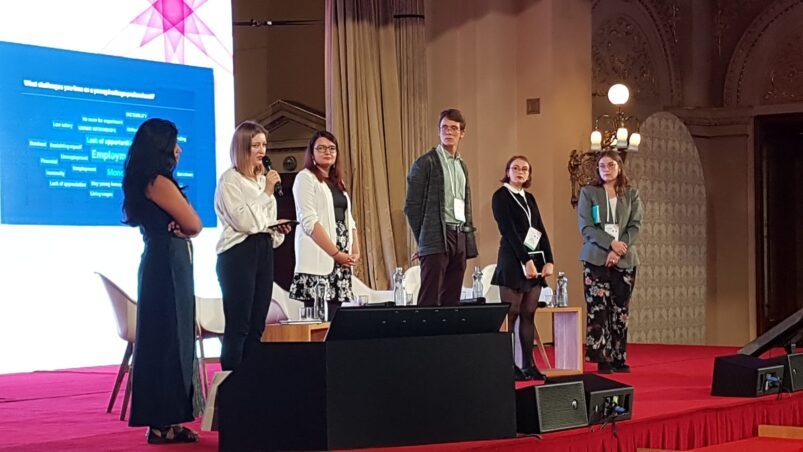In the Czech capital of Prague, the present and the future of cultural heritage in Europe were showcased in the last week of September. While established heritage professionals met at the European Cultural Heritage Summit organised by Europa Nostra, many young professionals flocked to the Future is Heritage Summit (FisH), organised simultaneously. Both groups mixed during several events, showing that the future of cultural heritage is in safe hands. However, that is only if bridges are built in time, making space for the young people working in heritage.
After investing in themselves by studying for bachelor’s degrees, masters and even PhD’s, most young heritage professionals have to juggle internships and volunteering work with non-sector jobs. They feel there is a lack of decent opportunities to establish themselves in the sector. The endless stream of interning and volunteering is tiring out those are who are set to take care of Europe’s heritage.
Internships and volunteering-positions are not enough to get a new generation European heritage professionals into place.
During the closing sessions of the European Heritage Summit, representatives of the FisH summit took the initiative to address the difficulties they are facing.
After a compelling speech titled “Without young professionals, no future for heritage”, they received a standing ovation from the audience. The host of the session, Europa Nostra’s Secretary-General Sneška Quaedvlieg-Mihailović, expressed Europa Nostra’s full support for advocating for more and better job opportunities for the next generation of heritage professionals.

‘FisH’
The statement voiced by the emerging professionals was partially formed at the conclusion of the four-day FisH summit, an excellent example of how to organise young people in the light of the European Year of Youth.
The summit, powered by Erfgoed Gelderland, Erfgoed Brabant, ESACH and Europa Nostra among others, hosted a diverse group hailing from 30 different countries.

During the packed programme, organised almost entirely by young professionals, the groups discussed with great commitment and enthusiasm current topics in heritage and their experiences with interning and volunteering in the field.
The voice of the new generation
Participants from FisH were also welcome at the opening reception of the European Cultural Heritage Summit, and the Heritage Awards. Representatives of the European Commission, Europa Nostra and the Ministry of Culture of Ukraine all spoke about the importance of heritage protection and youth involvement in Europe. But while the young heritage professionals were explicitly welcomed during the events, they were not (yet) invited to the stage to let their voice be heard.
That thus changed during the last day of the summits, as the young professionals took the stage and pleaded for more jobs and for a larger role in upcoming summits. Some youngsters even discussed the opportunity to form an organised youth branch of Europa Nostra, since Europa Nostra already counts over 500 young members.
‘Tokenised’
The critical message is not a new sound, especially in 2022, the European Year of Youth. Initiatives and young professionals are often hailed and praised by organisers and people established in the sector. But with few opportunities to spare and a lack of handing agency to younger generations, the FisH participants are not happy that they are being ‘tokenised’. No wonder, as the word ‘youth’ was mentioned numerous times during both summits, but concrete solutions were few.
Vice president of the European Youth Forum Frédéric Piccavet spoke similar words recently about the often symbolic inclusion of young people, without handing them real power. After the European Commission presented a watered-down variant of a youth panel, which was discussed during the Conference on the Future of Europe. “We are tired of being overlooked or tokenised,” he said to news platform EURACTIV.
The crystal clear statement of the representatives of the FisH summit shows that young people are committed to putting in the effort to work with and protect cultural heritage. But that bridge can only be completed if they are given real space and resources to make a difference in the sector.


